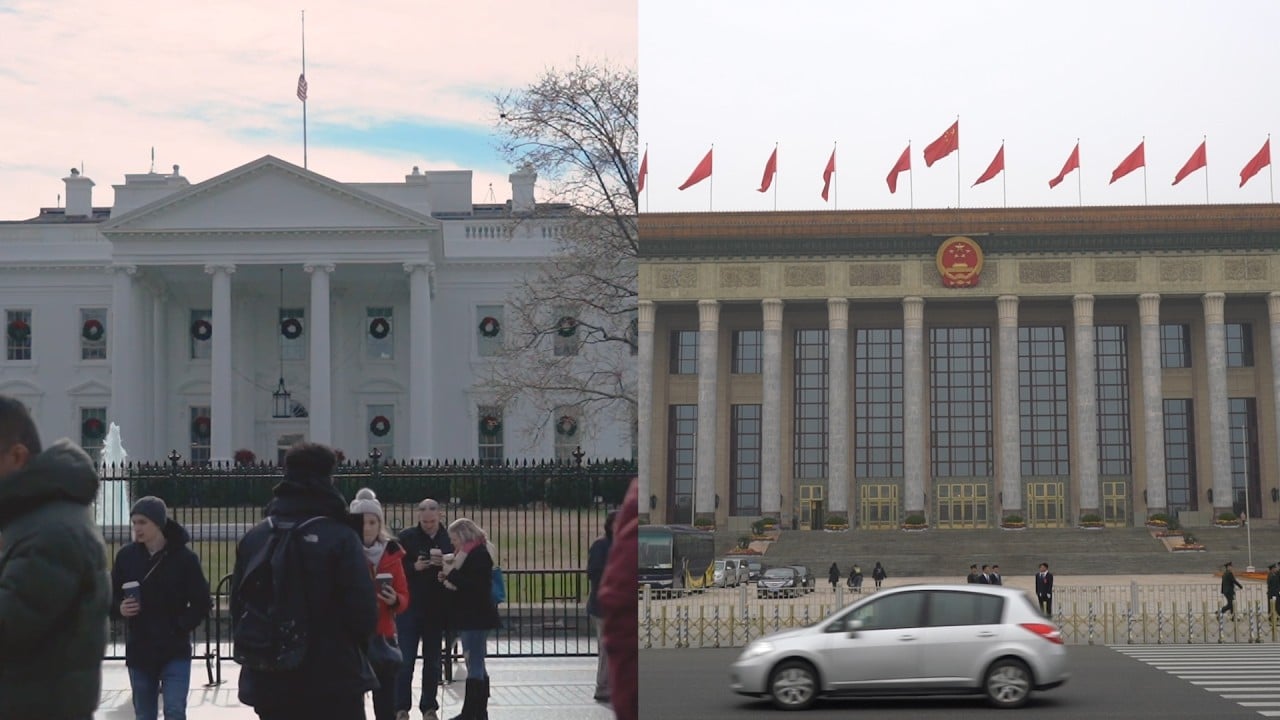Advertisement
Opinion | How China’s expanding footprint puts it on a collision course with Trump’s America, raising the spectre of a new cold war
- From mask diplomacy and leadership at UN agencies to power projections particularly in the South China Sea, Beijing’s expansion brings it increasingly at odds with Trump’s America, pulling the world towards a new cold war
Reading Time:3 minutes
Why you can trust SCMP
0

Beijing has, in recent weeks, been increasingly supplying hundreds of millions of masks and other medical equipment and resources – including Chinese doctors and nurses – worldwide, promoting China’s post-coronavirus efforts and introducing an additional component of President Xi Jinping’s ambitious Belt and Road Initiative: the “health silk road”.
This clearly follows the Stalinist dictum that the Chinese have adopted as their favoured doctrine since the late 1950s: quantity has a quality of its own. This time-tested doctrine has seen China focus less on quality and more on being the first to reach out to more than 100 countries.
In the prevailing context, however, this behaviour has also been driven by Beijing’s need to recast the emerging Covid-19 narrative: to be seen, not as its cause, but as the saviour and benefactor in fighting this pandemic and its accompanying health and economic disaster worldwide.
But what has clearly undermined China’s “mask diplomacy” is that Beijing has not halted its continued aggressive tactics in asserting its “historical” sovereign rights on disputed territories, especially in the Taiwan Strait, East China Sea and South China Sea.
Indeed, recent weeks have also seen China accelerating this constant poking and nudging of its land and maritime neighbours in its south and southeast periphery. This is not simply because these neighbours are preoccupied with fighting the Covid-19 pandemic, but also for their growing geopolitical proximity to the United States.

02:06
Coronavirus pandemic creates ‘new Cold War’ as US-China relations sink to lowest point in decades
Coronavirus pandemic creates ‘new Cold War’ as US-China relations sink to lowest point in decades
China’s assertive rise has put it at loggerheads with the US. Now, its cover-ups over the coronavirus outbreaks have not just triggered widespread angst among several countries, but its geopolitical manoeuvrings have further revealed deeper fault lines. All of this is pushing China’s neighbours to shed their perennial hedging strategies and take sides.
Advertisement
